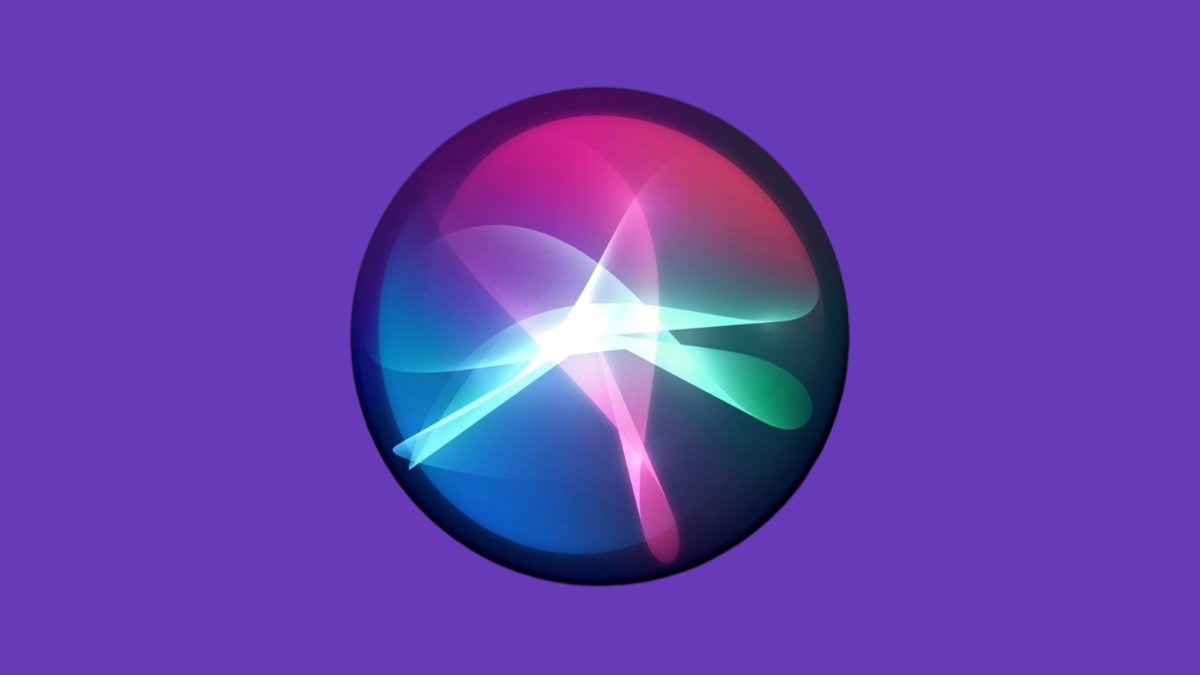Apple’s highly anticipated overhaul of Siri, once central to its Apple Intelligence narrative, will not arrive in 2025 as originally hinted. Instead, Apple has confirmed that the deeper integration users were expecting—one where Siri could act more intelligently across apps, contexts, and personal data—won’t materialize until 2026. While it’s tempting to see this as a simple delay or miscalculation, the company’s top executives suggest it reflects a more strategic pivot rooted in technical and philosophical priorities.
At this year’s WWDC 2025, Siri’s presence was notably understated. Apple reiterated its broader Apple Intelligence initiative, but the kind of proactive digital assistant functionality that had been teased a year prior was conspicuously absent from iOS 26. In a post-keynote conversation, Apple’s Craig Federighi and Greg Joswiak shed light on why.
According to Federighi, Apple initially developed two architectural versions of the next-generation Siri. What users saw in 2024 was based on a “V1” model—an early implementation built with confidence that it could be refined and shipped within a year. However, by spring 2025, Apple realized this version couldn’t meet its internal performance benchmarks or user expectations, particularly around contextual understanding and app-based actions. Rather than releasing an underwhelming product, Apple made the call to pivot fully to “V2,” a more comprehensive and scalable architecture that’s still in development.
Federighi was candid about the transition. V1, he explained, represented only part of the full vision. V2 builds on that foundation but extends it into a consistent, end-to-end system. This isn’t a complete rebuild, but rather an architectural evolution meant to support richer interactions, improved reliability, and better user privacy—an ongoing cornerstone of Apple’s design ethos.
Apple’s shift illustrates a key contrast with rivals like OpenAI and Google, whose AI efforts often spotlight standalone chatbots. Apple Intelligence, by contrast, isn’t being built around a single product like Siri. The goal, as Federighi noted, isn’t just to create a more advanced chatbot but to infuse AI features throughout the ecosystem—enhancing everything from Photos to email to notifications—without requiring users to enter a dedicated interface.
This approach speaks to Apple’s broader product philosophy: rather than introducing AI as a discrete tool, the company aims to make it an invisible assistant woven into daily use. That includes features like on-device summarization, smarter search, and generative enhancements that respect user data boundaries. While Siri may eventually reflect these capabilities more directly, it’s not the sole focus.
The delayed Siri update may feel like a stumble to users who expected more rapid progress, especially after its demo last year. But Apple sees the move as a necessary correction. Rather than rushing to meet a deadline with technology it didn’t fully trust, the company is reorienting toward a long-term AI infrastructure that’s scalable, private, and integrated.
No new timeline has been given, and Apple is now committed to holding back announcements until it’s confident in delivery. As Federighi put it, they won’t “precommunicate a date” until the updated Siri is not only demonstrable but up to Apple’s standards.
This restrained rollout stands in sharp contrast to the rapid-fire, experimental releases that define much of the AI space. Apple’s AI ambitions are real—but, in typical fashion, the company seems more interested in doing it quietly, deeply, and on its own terms. Siri’s reinvention may be slower than expected, but Apple appears to be building something far broader than just a smarter voice assistant.
Full interview below





